If you’re reaching for coffee, energy drinks, or brain supplements to sharpen your mind, here’s a hot take: the real MVP for focus, memory, and energy is plain, old water. Seriously. Most of us are walking around more dehydrated than we realize, and it’s quietly holding back our mental game.
Whether you’re a student prepping for exams, an athlete, or just hustling through a workday, keeping your brain hydrated is one of the simplest and most powerful ways to boost cognitive performance—no prescription needed.
The Hydration–Cognition Connection
Your brain is about 75% water. Every chemical reaction that fuels thought, memory, or creativity happens in a watery environment. Just a small drop in hydration (even 1–2% less than optimal) can make you feel fuzzy, tired, or distracted. Researchers are now proving what most of us feel: when you drink more water, you think better.

Why Most People Are More Dehydrated Than They Think
Think you’re fine because you’re not thirsty? Think again. Studies show most adults and teens are mildly dehydrated by midday, especially after morning coffee, exercise, or just not paying attention to thirst cues. Air conditioning, screen time, and stress can make it worse. If you wait until you’re parched to drink, your brain is already operating in low-power mode.
The Science of Hydration and Brain Function
Let’s get a little nerdy for a sec. How exactly does water fuel your mind?
Water and Brain Chemistry
Water is essential for:
-
Carrying nutrients and oxygen to brain cells
-
Removing toxins and metabolic waste
-
Helping neurotransmitters (your brain’s messengers) fire efficiently
-
Maintaining the structure and function of brain tissue
When you’re well-hydrated, your brain can transmit signals at lightning speed. Even a little dehydration slows this process, so you feel sluggish or foggy.
Signs Your Brain Is Running Low on Water
It’s not just about dry lips or thirst. Mild dehydration can cause:
-
Trouble concentrating or staying alert
-
Headaches or migraines
-
Mood swings, irritability, or anxiety
-
Poor memory recall
-
Slower reaction times
If you ever notice a “2 pm slump” at work or school, grab a glass of water before you reach for snacks or caffeine—you might just need hydration.
Cognitive Benefits of Staying Hydrated
Drinking enough water isn’t just about feeling good—it’s about unlocking peak performance.
Focus, Attention, and Short-Term Memory
Multiple studies show that staying hydrated improves attention span, working memory, and even test performance. In kids, just a few sips of water can bump up test scores. For adults, water is the best “study aid” you’re probably not using enough.
Mood, Motivation, and Mental Energy
Dehydration doesn’t just zap your energy—it makes you grumpy, less motivated, and more likely to give up on tasks. Hydration supports a stable mood, emotional resilience, and the motivation to tackle tough challenges. If you want to feel more upbeat and on top of your game, start by filling up your water bottle.
What Happens to Your Brain When You’re Dehydrated?
The effects of dehydration sneak up fast, and your brain feels it first.
Brain Fog, Headaches, and Slow Reaction Times
When your body runs low on water:
-
Brain cells shrink slightly, impacting neural communication
-
Blood flow to the brain decreases, making you feel tired
-
Headaches and migraines become more likely
-
Reaction times and decision-making slow down
It’s no wonder athletes, students, and professionals see performance drop when they’re even slightly dehydrated.
Dehydration and Academic/Work Performance
Even mild dehydration can:
-
Lower your test scores or grades
-
Make you more likely to make mistakes at work
-
Impair complex thinking and creativity
-
Increase stress and anxiety levels
Want to crush your next meeting, project, or exam? Start hydrating before you get to work.
How Much Water Does Your Brain Really Need?
You’ve heard the “8 glasses a day” rule, but is it true? Let’s break down the facts.
Myths and Truths About Daily Water Intake
-
Myth: Everyone needs exactly 8 cups a day.
-
Truth: Your needs depend on age, weight, activity, and climate. A good rule is to aim for half your body weight (in pounds) as ounces of water per day.
Example: If you weigh 150 lbs, shoot for about 75 ounces (about 2.2 liters).
-
Myth: Coffee or tea doesn’t count.
-
Truth: Most drinks hydrate you, but water is best for your brain (and doesn’t come with the caffeine jitters).
How to Know If You’re Drinking Enough
-
Your urine is pale yellow (not dark or super clear)
-
You rarely feel thirsty
-
Your energy and focus stay steady throughout the day
Don’t overthink it—just sip regularly, especially during long study/work sessions or after exercise.
Simple Hydration Hacks for Maximum Brain Power
Let’s get practical—how do you actually drink enough water to keep your brain running on all cylinders? It’s easier than you think, even with a busy schedule.
Timing, Tracking, and Flavor Boosts
-
Start your day with water: Drink a big glass first thing in the morning to wake up your brain before coffee or breakfast.
-
Set reminders: Use a phone app or just set alarms every 1–2 hours to take a few sips. Refillable water bottles with time markers help, too.
-
Flavor your water: If plain water bores you, try adding lemon, lime, berries, cucumber, or mint. Natural flavors can make hydration way more appealing.
-
Track your intake: Apps like MyFitnessPal or WaterMinder make it easy to see if you’re hitting your goals.
The goal isn’t to chug huge amounts at once, but to sip steadily so your body (and brain) stay hydrated all day.
Hydrating Foods and Drinks That Support Cognitive Performance
You don’t have to drink all your water. Try these brain-friendly, hydrating options:
-
Fruits: Watermelon, oranges, strawberries, cantaloupe, and grapes
-
Veggies: Cucumber, celery, lettuce, spinach, zucchini
-
Herbal teas: Naturally caffeine-free, tasty, and hydrating
-
Soups and smoothies: Sneak in extra fluids with blended or brothy foods
Including water-rich foods in every meal can boost your hydration without you even noticing.

Special Hydration Tips for Students, Athletes, and Busy Professionals
Some days require extra brainpower—and extra water.
Brain Demands During Stress and Activity
-
Students: Exams, presentations, and late-night study sessions can dry you out fast. Keep a bottle at your desk and refill during every break.
-
Athletes: Sweat = lost water. Even a 1–2% drop in hydration hurts coordination, focus, and reaction times. Drink before, during, and after training.
-
Busy professionals: Long meetings, travel, and AC-filled offices are sneaky dehydrators. Take a few sips every time you check your phone or switch tasks.
If you’re under stress, sick, or in hot weather, increase your fluids—your brain will thank you.
Staying Hydrated on the Go
-
Invest in a quality reusable water bottle that’s easy to clean and carry.
-
Keep extra bottles in your car, backpack, or gym bag.
-
If you forget to drink, pair the habit with something you already do—like a sip after every email or between classes.
Hydration is one of the simplest, most affordable ways to level up your cognitive performance—no matter how busy you are.
Conclusion: Making Water Your Secret Weapon for Brain Health
Here’s the real secret: before you try expensive supplements or energy drinks, make hydration your first brain hack. Drinking enough water is linked to better focus, sharper memory, a better mood, and more energy. The science is solid—hydration literally powers your brain.
Next time you hit a mental wall, reach for water first. Build hydration habits into your day, enjoy water-rich foods, and notice how much better you feel. Sometimes, the simplest solution is the most powerful.
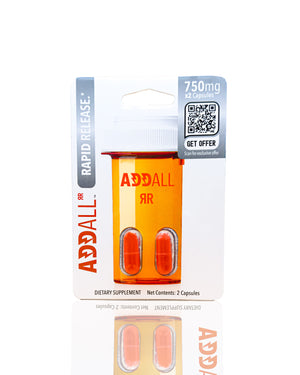
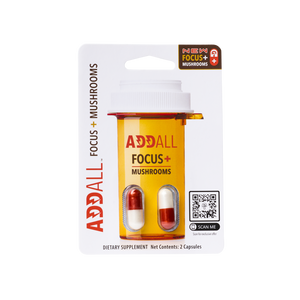

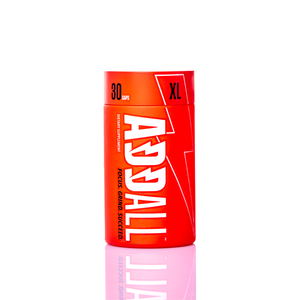
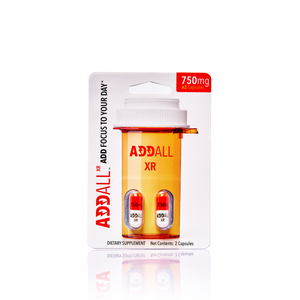
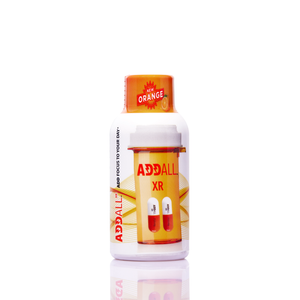

 Addall XR
Addall XR
 Addall XL
Addall XL
 Addall
Addall Addall
Addall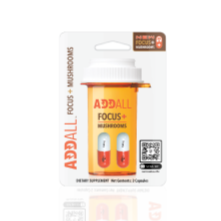 Addall
Addall Addall
Addall
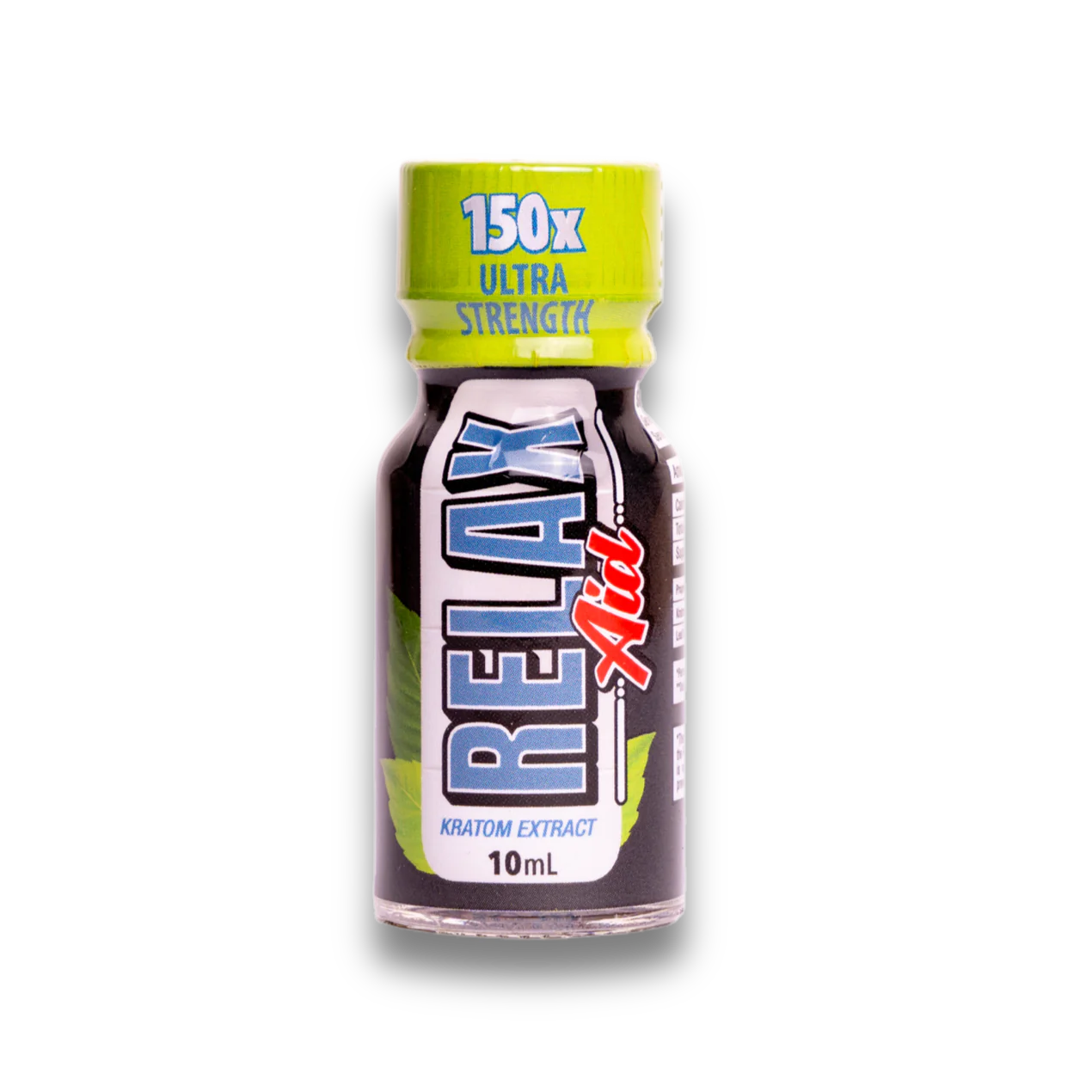 RelaxAid
RelaxAid
 Compare
Compare



















































